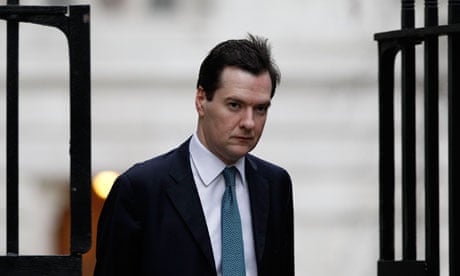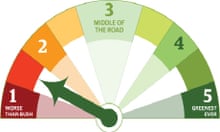Chancellor George Osborne is tomorrow expected to confirm that plans for a new levy on energy bills that should help fund three carbon capture and storage (CCS) projects will be ditched.
According to reports in the Financial Times citing industry and government sources, ministers have now concluded that the government's proposed electricity market reforms and plans to place a floor price on carbon emissions will provide energy companies with sufficient incentive to develop CCS plants without the need for a specific levy.
As part of last autumn's spending review, the coalition had announced that it would fund at least three further plants through either direct government grants or a levy on energy bills designed to raise up to £3bn, in addition to providing £1bn of funding to the UK's first CCS demonstration project.
However, the Financial Times reported that a levy has been ruled out in response to ongoing concerns about rising energy bills at a time when household budgets are being squeezed.
Ministers now appear to be putting all their faith in the ongoing electricity market reform proposals as the main mechanism for driving investment in low-carbon energy technologies.
Osborne is also expected to use the budget to provide further details on how the Treasury will impose a carbon floor price on energy generators, which will be designed to make carbon-intensive energy more expensive and incentivise energy firms to invest in renewables, nuclear power and CCS.
Sources told the Financial Times that the government could also use the money raised by the Treasury through the carbon floor price to help fund future CCS projects.
However, energy firms remain deeply concerned that unless the floor price is set at the right level, generators will only be incentivised to invest in one or two forms of established low-carbon energy, such as nuclear and onshore wind farms, while more costly emerging technologies such as CCS and marine energy will be sidelined.
The government is attempting to alleviate these concerns through complementary proposals, such as an emissions performance standard for new power plants that would effectively ban new coal-fired power plants built without CCS.
But many within the emerging CCS industry doubt energy firms will invest in untested carbon capture technology without some form of direct financial support from government.
Speculation is also mounting that Osborne could use the budget to confirm that the one remaining project in the running for the government's £1bn CCS demonstration project, Scottish Power's Longannet plant in Scotland, will be awarded the funding.









Comments (…)
Sign in or create your Guardian account to join the discussion